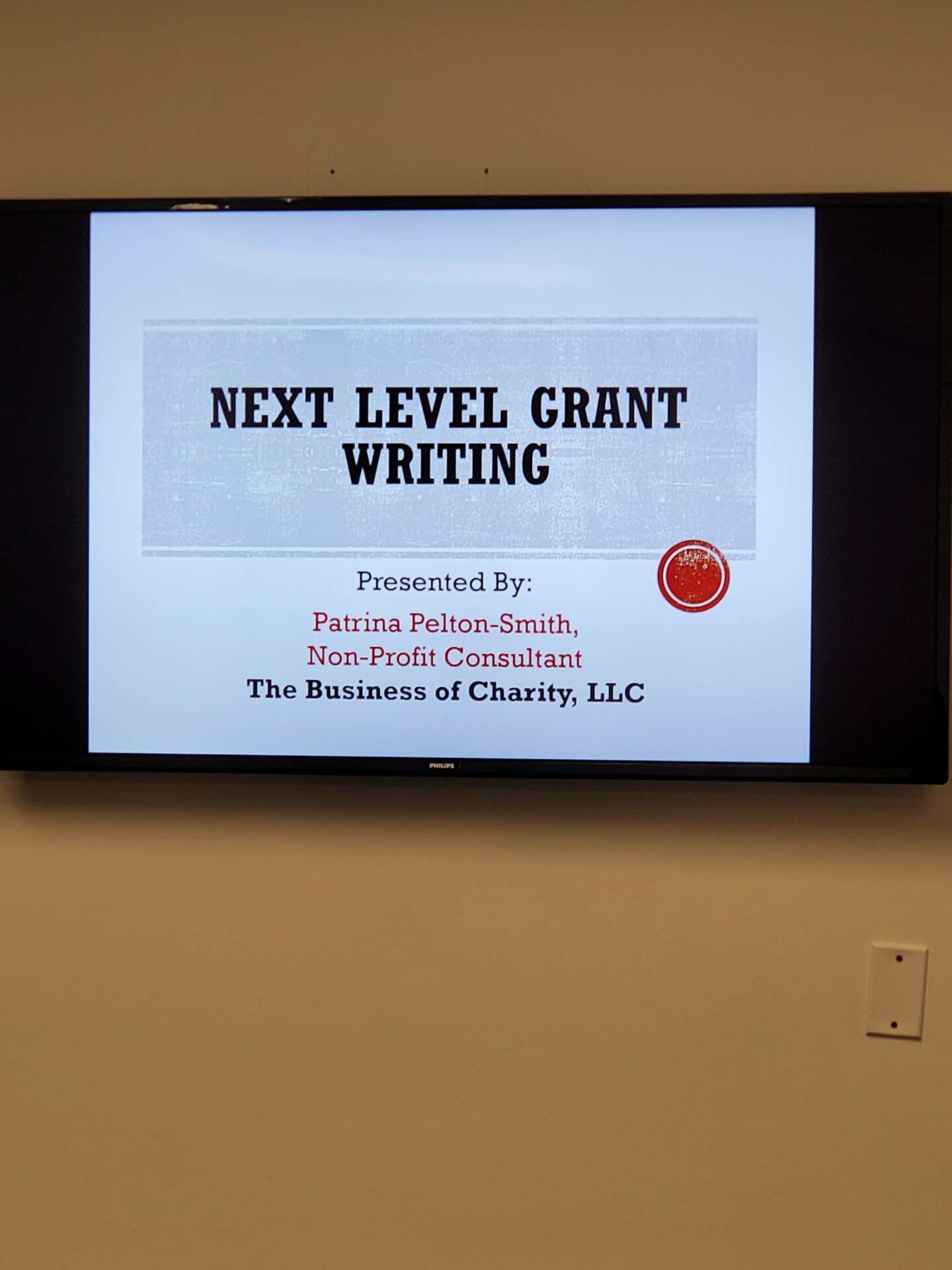We caught up with the brilliant and insightful Patrina Pelton-Smith a few weeks ago and have shared our conversation below.
Patrina, thanks for joining us, excited to have you contributing your stories and insights. Let’s kick things off with talking about how you serve the underserved, because in our view this is one of the most important things the small business community does for society – by serving those who the giant corporations ignore, small business helps create a more inclusive and just world for all of us.
I began a grant writing service in 2013 for non-profit organizations. I was a former CEO for a domestic violence and sexual assault organization, and I thought I would provide this service for those organizations who did not have a grant writer on staff, or could not afford a traditional grant writer. I quickly learned that many organizations had no idea what was involved in writing successful grants, especially those led by Black, Indigenous, People of Color (BIPOC) leaders. After recognizing this, I specifically began targeting servingorganizations who lack this information. I believe that The Business of Charity can assist them with positioning these organizations for a seat at the table of fundable and sustainable organizations.
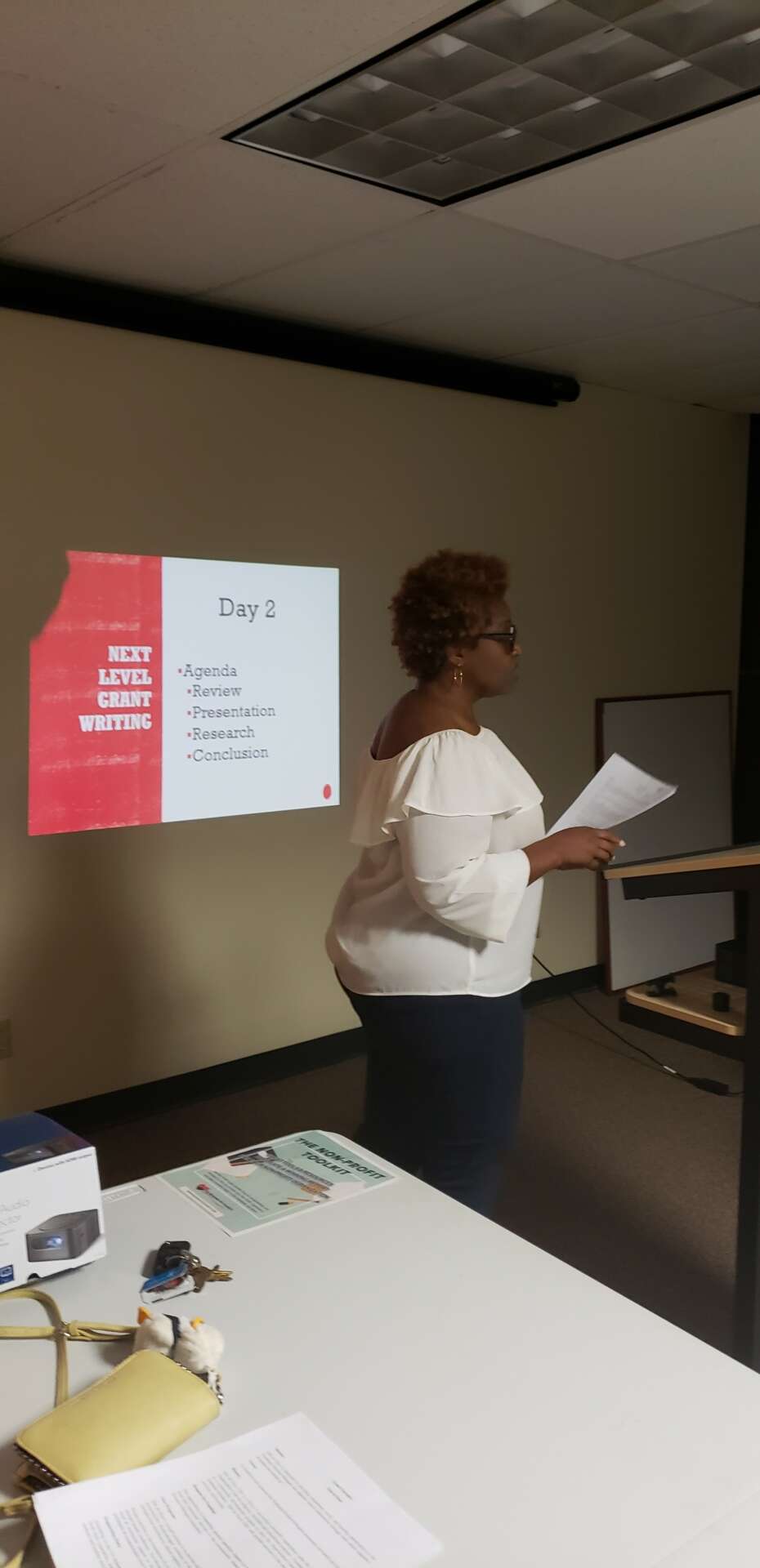
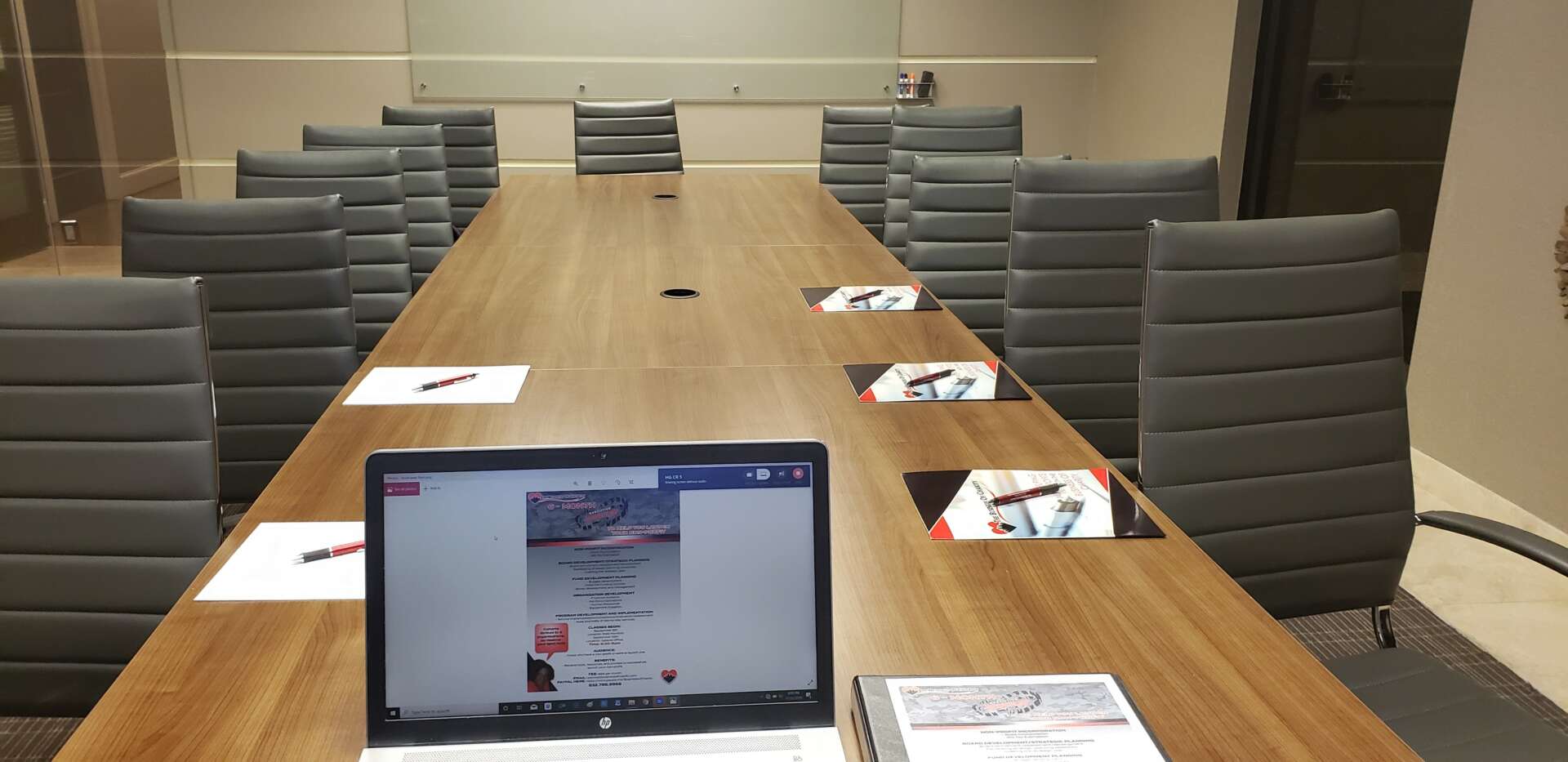
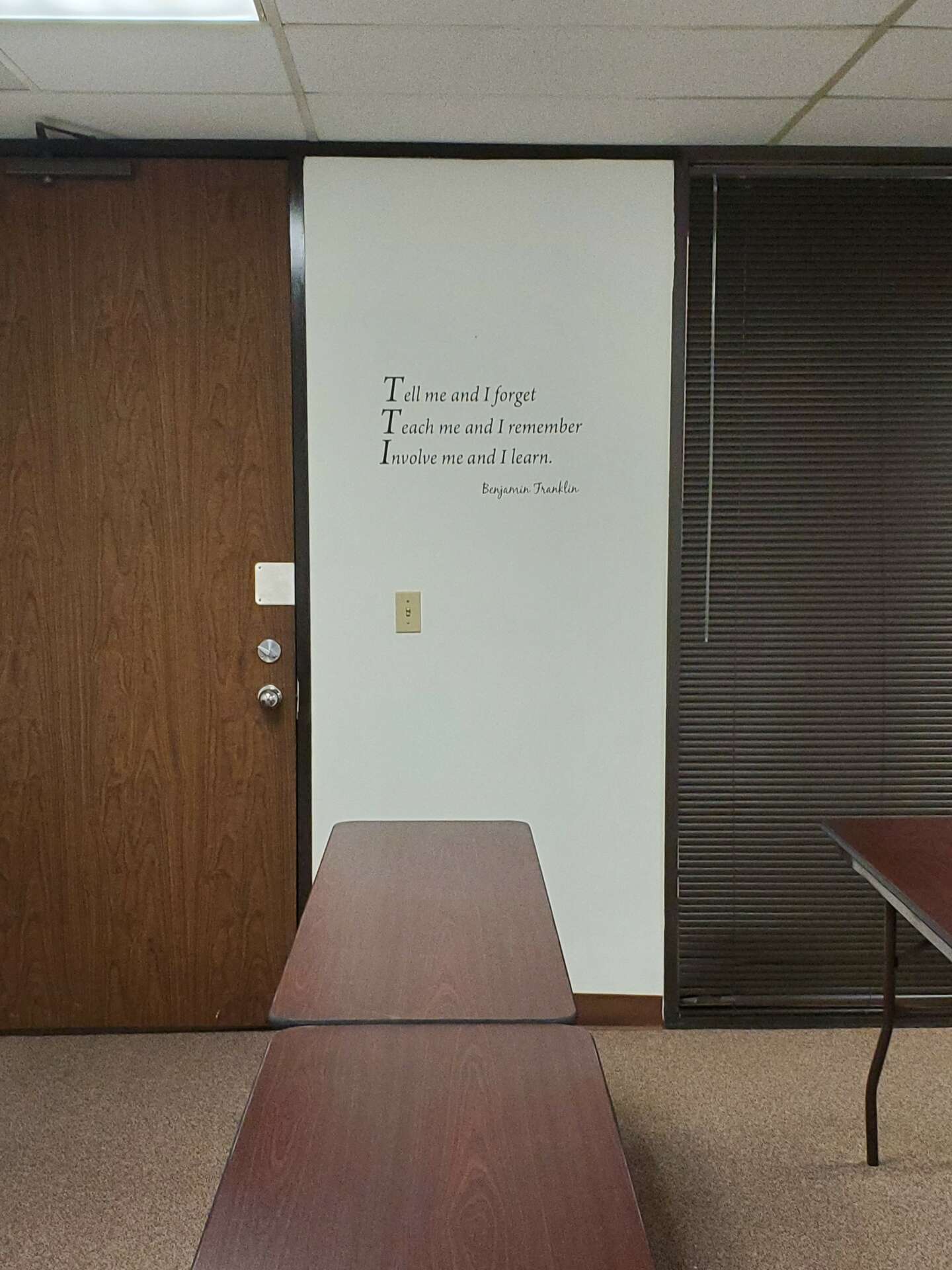
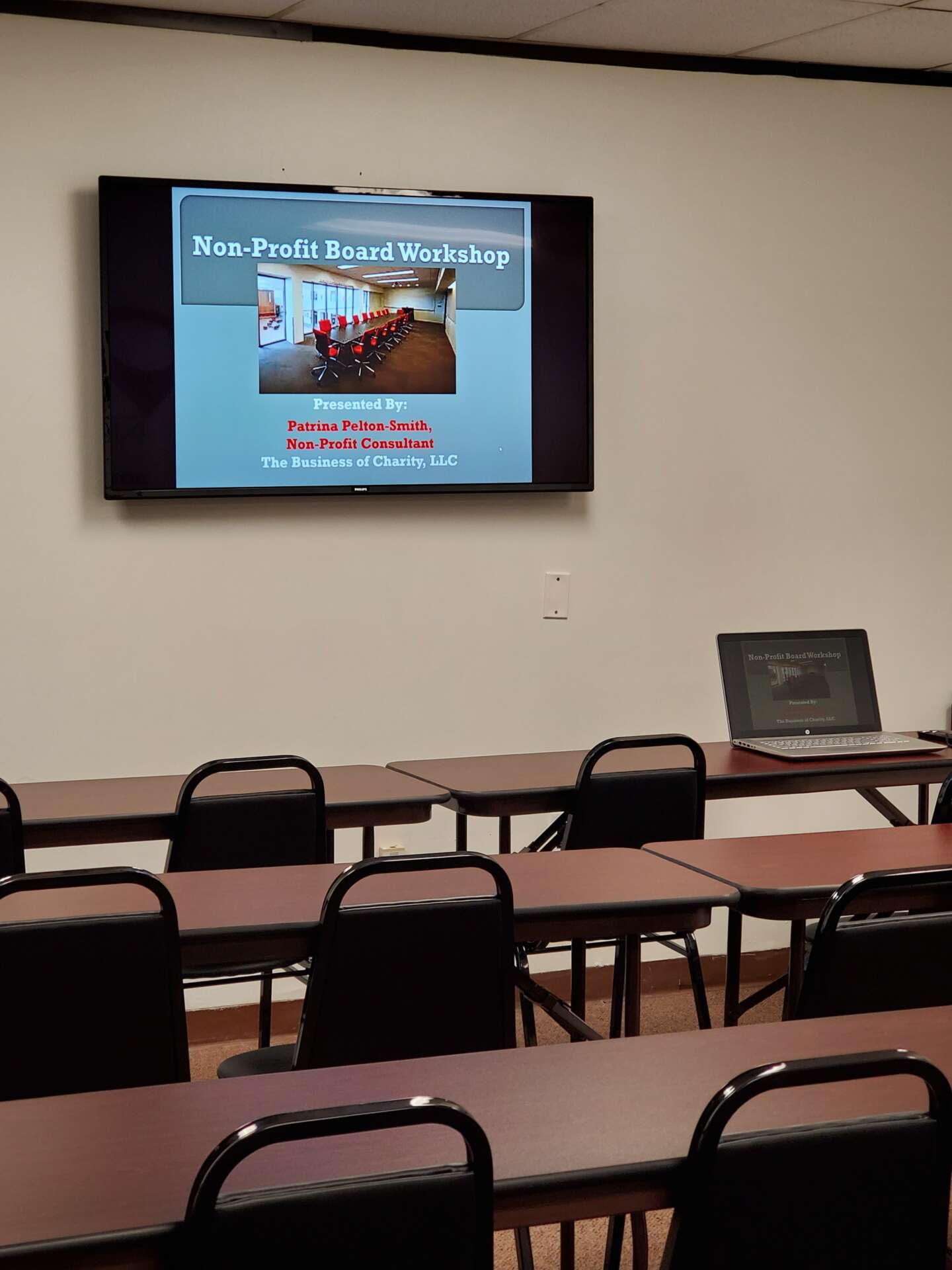
Awesome – so before we get into the rest of our questions, can you briefly introduce yourself to our readers?
The Business of Charity is a non-profit consultantcy focused on formation, infrastructure, administration, and grant writing, so the organization is both fundable and sustainable. We launched in 2013 as Trinity Consulting Services, and changed our name to The Business of Charity, LLC in 2018 to reflect our vision of assisting non-profits to reflect what they are– non-profit businesses in “the business of charity.” According to Texas law, and the laws of many other states, non-profits are considered corporations and they are expected to behave like one. Just like major companies must develop products or services, so must a non-profit organization. The primary difference is that non-profits have donors, foundations, companies, or the government pay for their products and services so they can deliver them at reduced cost or free to their clients. Too often, founders or groups launch their non-profit organizations thinking they can immediately seek grants and donations without any structure to undergird it. This was never true, but even more so now. Donors are now both cautious and savvy, seeking to give to organizations with a strong social media presence and tax returns, also known as 990s, that give the organization social and financial credibility, while foundations prefer to work with established organizations who have strong infrastructure and administrative processes in place. We work with organizations to assist them in establishing this foundation. It will not happen overnight, but we have been blessed to work with several organizations that have moved from zero dollars and no or little infrastructure to those same organizations managing millions in private foundation, government grants, and donations.
To do this, we assist organizations with direct services, such as launching their organization with the Secretary of State, drafting their bylaws, and filing their employer identification number (EIN); building out their infrastructure, such as identifying their accounting and case management software; assisting them with administrative processes by creating their budgets (or teaching them to create them) and other administrative processes, leading up to grant writing services. We also provide executive coaching for those organizations that prefer to do the work themselves, but want to work with a consultant to help them in the process; it all depends on the level of service the organization wants from us.
Can you share a story from your journey that illustrates your resilience?
BOC’s story of resilience is also the story of its formation. BOC’s predecessor, Trinity Consulting Services, was created when I was laid off as a CEO of a non-profit organization in 2012 following the 2008-09 economic downturn. I was leading the domestic violence and sexual assault organization in Baytown, Texas when that organization simply lacked the money to move forward. At that time, I decided that I wanted to return to case management, legal advocacy, or similar work for another non-profit, but I was unable to find one that would hire me. After several interviews, and with a teenage son, mortgage, car note, etc., I launched Trinity Consulting Services by creating posts in Facebook groups to pay my bills. A decade later, the company has grown and continues to expand.

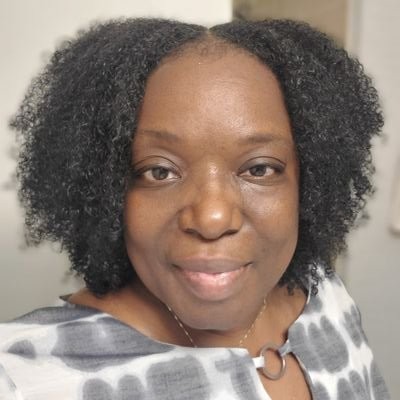
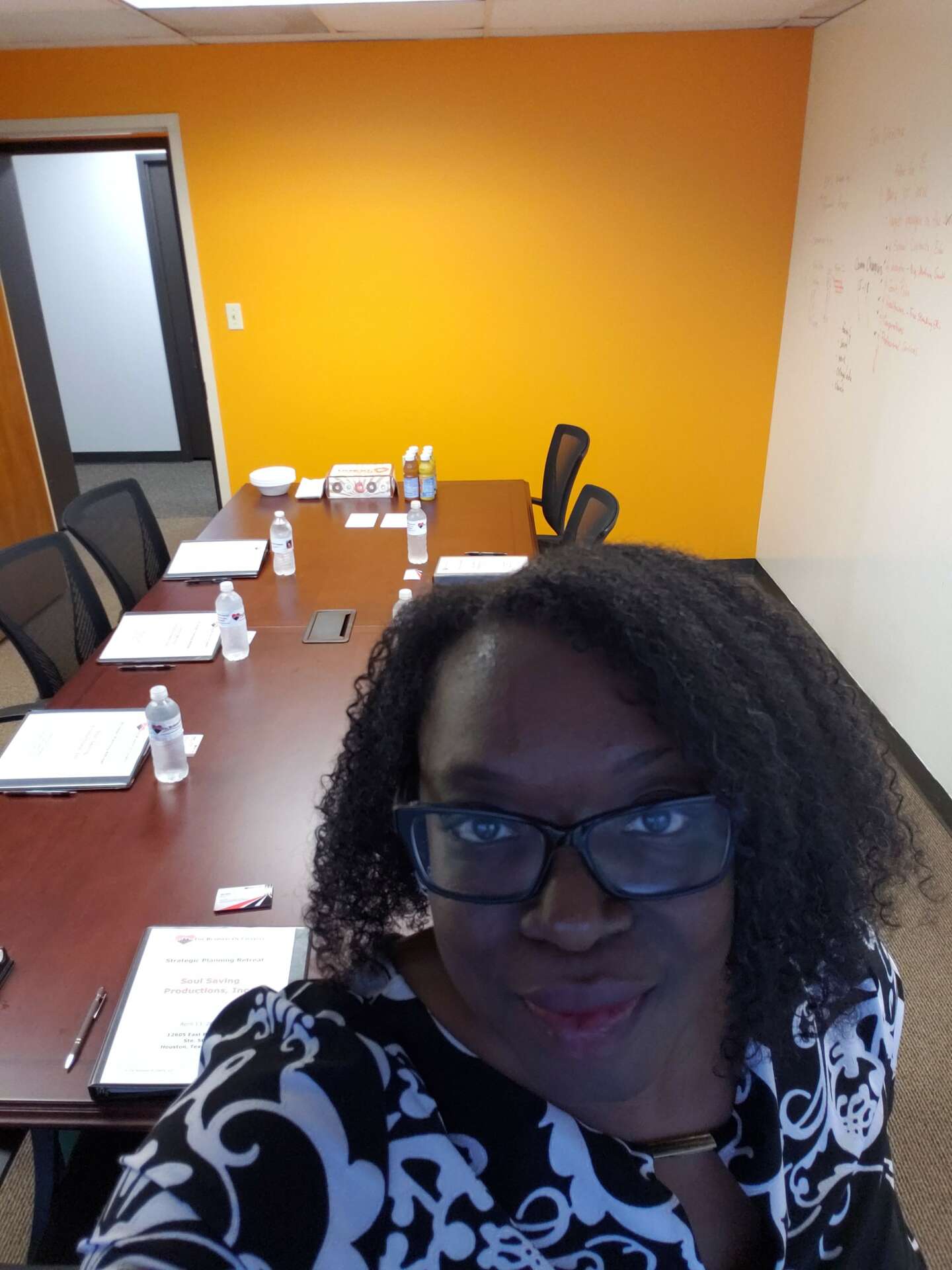
Can you tell us about a time you’ve had to pivot?
I believe the pandemic is the best example of BOC pivoting to meet client needs. In 2019, The Business Of Charity was established and thriving. To support this growth, on December 31, 2019, I entered into an agreement with three consultants to launch expanded services, including printing, marketing, and fund development. We had leased an office, and purchased equipment and furniture to launch a training site when the pandemic forced everyone to quarantine at home. We immediately pivoted to not only provide virtual services, but to also learn all the information we could regarding the Paycheck Protection Program (PPP) and Economic Injury Disaster Loan (EIDL). It was an interesting and exhausting time because as soon as we learned information about our new products, it would be obsolete. In one instance, I literally appeared as guest speaker for a PPP/EIDL webinar on April 3rd, 2020, which was a Friday, and waited for the host to complete post-production editing so that I could upload it to my site. She did so three days later, on Monday afternoon (April 6th), but that morning the federal government changed the guidelines, rendering the information was out of date, and I could not upload it. This occurred several more times, so we quickly learned not to invest a great deal of time or resources in marketing materials, and we began hosting weekly calls with potential clients to offset this issue. Despite the hectic pace, we often worked 12-hour days, BOC successfully assisted multiple clients, non-profits and small businesses, in applying for and receiving $500,000+ in PPP and EIDL funds. Our smallest clients received $4,000 in funds, while larger clients received $150,000 or more. This experience taught me that pivoting does not have to be perfect, but it must meet the client’s needs.
As a result of the pandemic, BOC now serves small businesses, in addition to non-profit organizations. The pandemic has created new funding streams for for-profit businesses, and we are offering our services to help them obtain grants to fund and/or expand their businesses. Much like non-profits, we can create their LLCs and assist them with grant writing services. We look forward to helping organizations with the business of charity.
Contact Info:
- Website: www.businessofcharity.com
- Instagram: https://www.instagram.com/bizofcharity
- Facebook: www.facebook.com/bizofcharity
- Linkedin: https://www.linkedin.com/in/patrina-pelton-smith
- Twitter: @NPBizCoach
- Youtube: https://www.youtube.com/channel/UCrMMrHTi5dcZ6hftCBvBKqA


